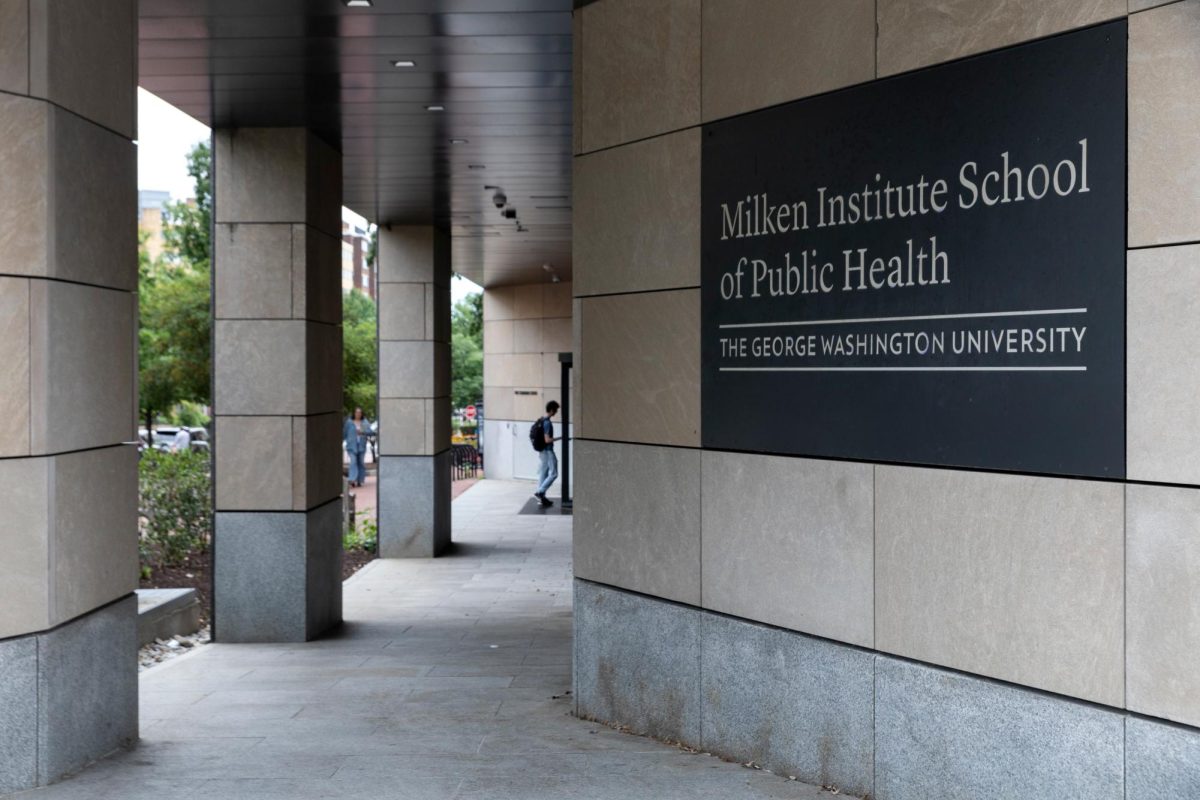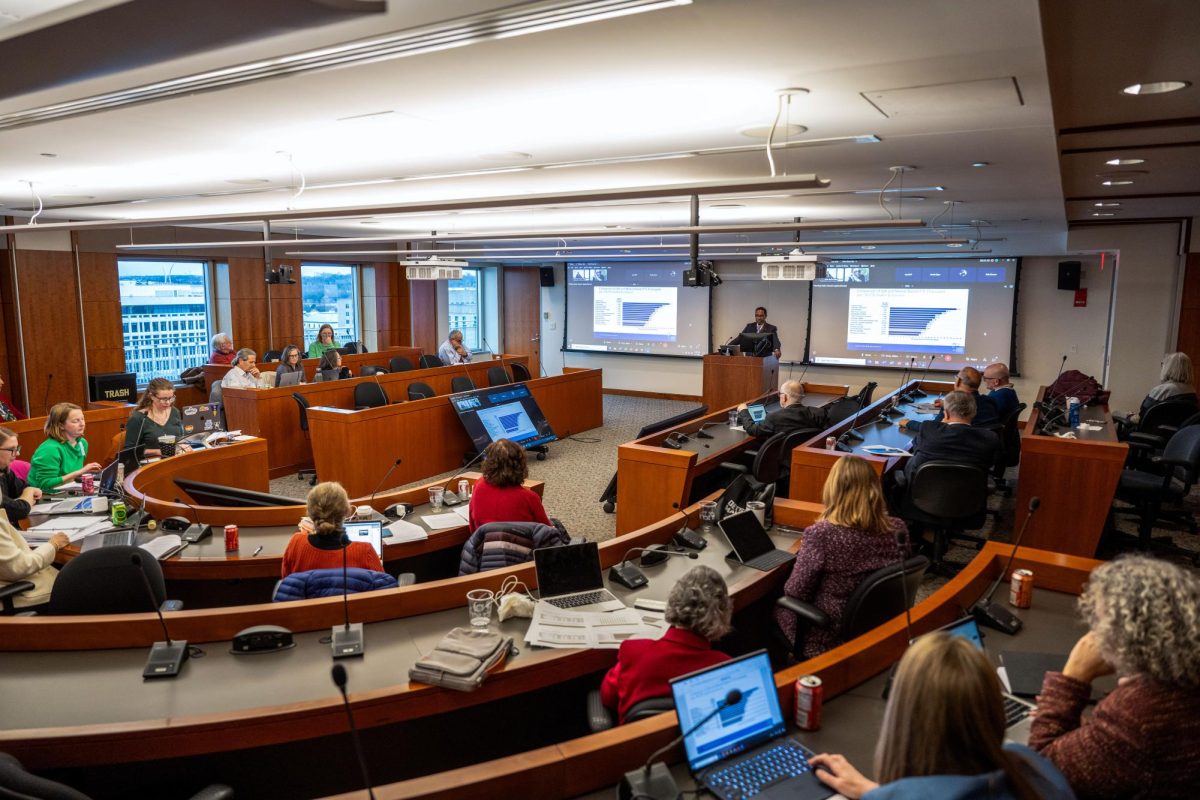Peru’s ambassador to the U.S. and South American studies scholars emphasized promoting Democratic ideals in the country last Thursday.
Peruvian Ambassador Felipe Ortiz De Zevallos, senior researcher at the Instituto de Estudios Peruanos Julio Cotler and Professor Emeritus at Boston University Shane Hunt were featured at the event, hosted by GW’s Center for Latin American Issues and the Peruvian Economic and Social Research Consortium.
De Zevallos gave an optimistic outlook for the South American country.
“(Peru is in) a relatively good economic condition compared to the rest of Latin America,” De ZeVallos said. “We still need to work more on the social environment and political institutions.”
Gross Domestic Product growth is at 6.6 percent right now, compared to 3.9 percent in 2003, while inflation is also relatively low at 2.1 percent, he said.
“In the provinces, we need to increase the number of jobs created compared to Lima … there should be a decentralization of jobs in the city,” De ZeVallos said, referring to the country’s capital city.
Experts on South American studies emphasized the need for accountability in government.
“No opposition in Congress (to President Alan Garcia) is Peru’s main problem,” he said. The lack of political and media opposition is dangerous in a country where progress and innovation is key for improvement, he said.
Cotler described the last 20 years as a “learning process” for both the country and Garcia. He said he was glad about Peru’s success in a stable election and economy, but reminded the audience that the nation will still need the help of the international community, especially the U.S.
Shane Hunt from Boston University talked about the dramatic inequality in income distribution. He praised Peru’s four years of sustained economic growth, but questioned the validity of equitable income distribution reports.
He discussed the misreporting of incomes of the wealthy and how faulty statistics may show a brighter picture than what really exists.






